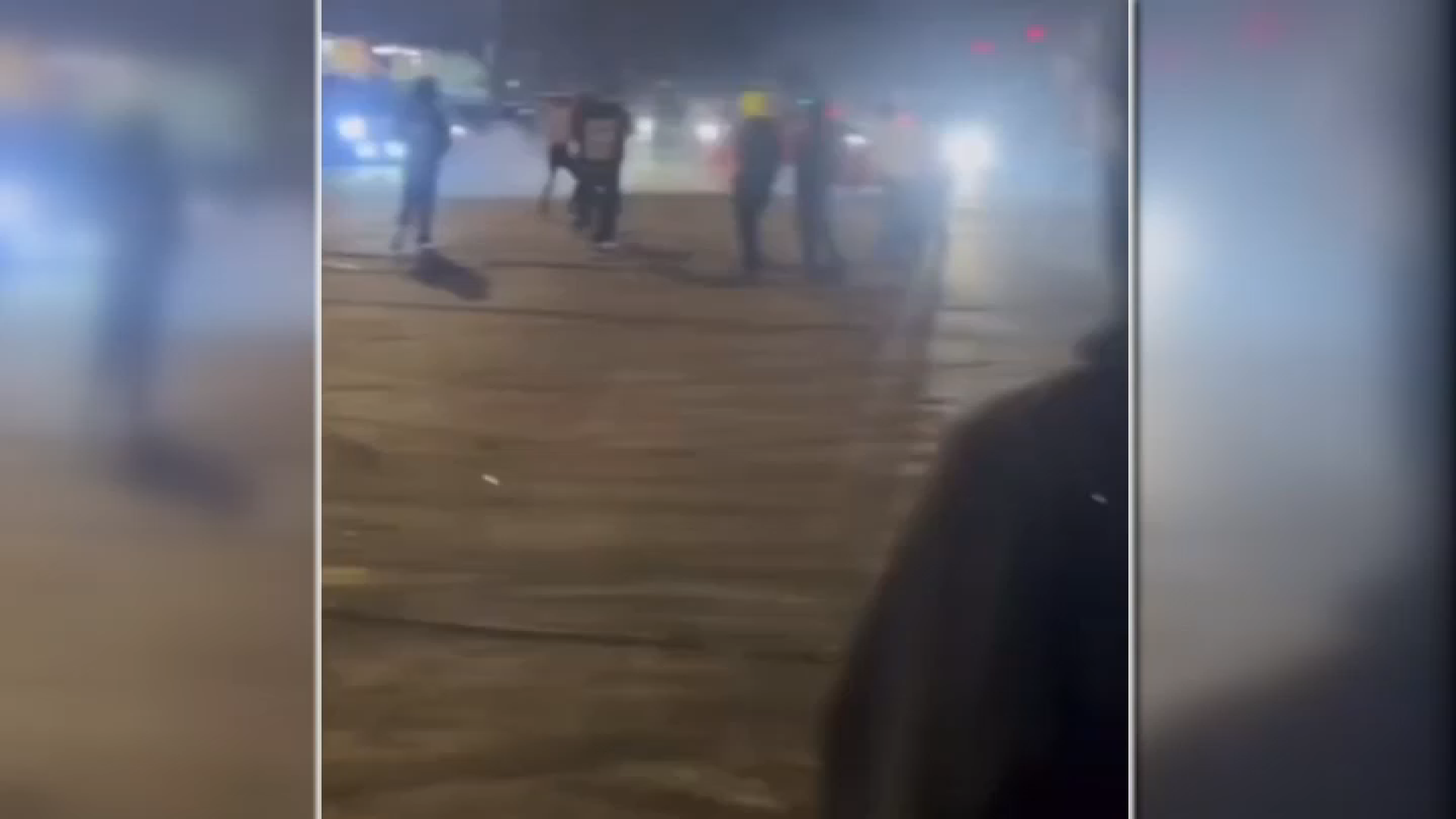The Los Angeles City Council approved a draft of new regulations for the cannabis industry Tuesday, along with a string of other related measures as it looks to have its policy settled ahead of the drug becoming legal for recreational sale and use on Jan. 1.
The vote directed the city attorney to draft an ordinance addressing the procedure for businesses to get city licenses, along with rules for how the businesses can operate, including security requirements, ventilation standards, hours of operation and other guidelines.
Before the vote, Council President Herb Wesson, who has been heavily involved in creating the regulations, said there were still other issues that would need to be worked out and that the draft ordinance as it stands only solves "80 to 85 percent" of the questions. Wesson said he wanted to get the City Attorney's Office working on the ordinance, and that it would come back to the council several times and continue to be worked on.
"What I present to you today, members, is a piece of work that we are very proud of," Wesson said.
An amendment to the draft ordinance was introduced at the meeting by Wesson and four other council members that seeks to address what had been a major outstanding question, which is a procedure for provisional licenses for growers and manufacturers.
Some leaders of the cannabis industry had previously said the proposed rules could drive suppliers out of business because they could cause a delay in them getting licensed before marijuana becomes legal for recreational sale and use on Jan. 1. While the city has allowed retail medical marijuana shops to operate in the city for years, it has never expressly allowed cultivators or manufacturers to operate, and this could leave them without a license come Jan. 1 due to an expected delay in the city processing applications.
The amendment creates a process for cultivators and manufacturers to apply for a provisional license while their application is being processed, provided they fit 13 pieces of criteria, including that they were in business before Jan. 1, 2016, meet all land use and sensitive use requirements by the city and other guidelines.
News
Top news of the day
Another amendment that was added at the meeting would create limitations on how many cannabis businesses could be located in each neighborhood similar to the regulations imposed on the alcohol industry. The limitations would include one retail business per 10,000 residents, based on the 2016 American Community Survey, along with limitations for cultivators and manufacturers.
The draft ordinance was approved on a vote of 14-1. Councilman Paul Krekorian cast the lone vote against it because he said he wanted more time to examine the amendments that were introduced at the meeting.
In November, California voters approved the legalization of recreational marijuana, effective Jan. 1, 2018.
The legalized industry could fetch the city more than $100 million annually in new tax revenue, and in March city voters approved Measure M, which sets up regulatory measures for the city's industry.
Once implemented, Measure M will replace Proposition D, which was approved in 2013 by city voters and limited the number of dispensaries within Los Angeles city limits to 135 -- the number of dispensaries operating before Sept. 14, 2007.
The guidelines forwarded by the council gives priority licensing to existing shops that received a business tax registration certificate after 2014 and that are operating in compliance with the limited immunity and tax provisions of Prop D.
On-site consumption would be allowed by state law starting in 2018, if the local city allows it. Wesson said concerns over a ban in the draft ordinance of on-site consumption would be addressed later as the city studies the issue.
Bruce Margolin, executive director of the L.A. chapter of the National Organization for the Reform of Marijuana Laws, said the on-site ban would leave some consumers without a place to use cannabis, since many hotels and apartment buildings ban smoking and that consumption also would not be allowed in public.
"The current status with denying on-site consumption means that they have no place to go unless they own a residence or have access to a residence, which is completely unfair," Margolin said in September.



